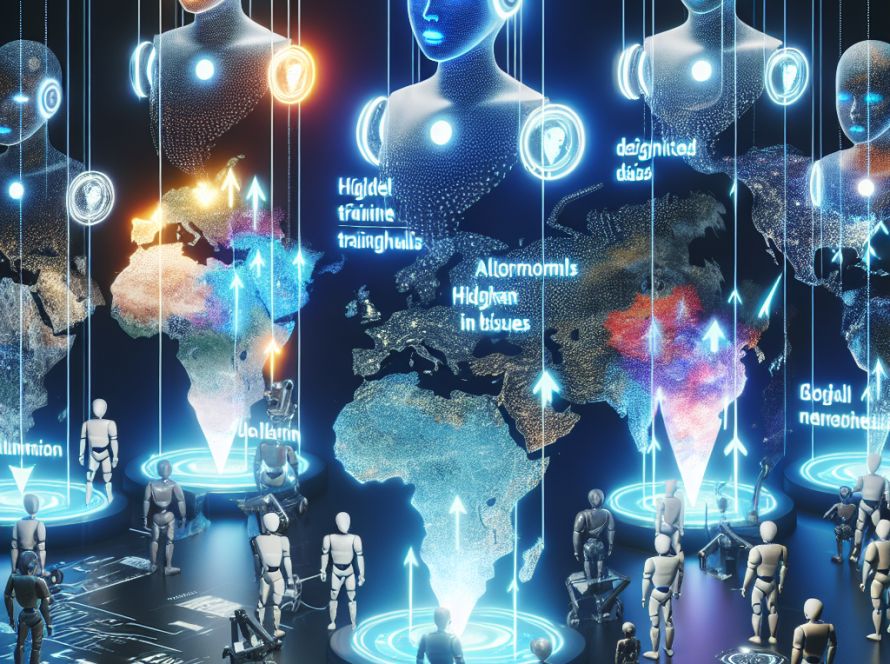In this Q&A article for MIT News, postdoc Nauman Dawalatabad discusses the ethical considerations, challenges, and positive impacts of audio deepfakes – the AI-generated audio that can mimic human voices. Recently, the technology has been misused causing public concern, for example, a robocall imitating Joe Biden’s voice instructed New Hampshire residents not to vote, while cybercriminals have used the technology to individualize phishing scams.
Dawalatabad explains that the identity of the source speaker can be concealed for ethical reasons. He states that speech contains not only the speaker’s identity and content, but also sensitive information, such as a person’s age, health condition, gender, or accent. Thus, to protect individual privacy, it’s important that technology helps to avoid inadvertent disclosure of such private data. It’s not just a technical issue, but also a moral obligation in the digital age.
However, the misuse of audio deepfakes for spear-phishing attacks and fake news requires robust countermeasures and detection techniques. Available online tools make it easy for anyone to generate such audios, which can disrupt financial markets and even elections. They can also potentially breach privacy, and maliciously alter content. Dawalatabad mentions two primary methods to tackle these audio deepfakes: artefact detection, which looks for tell-tale signs left by generative models, and liveness detection, which leverages the inherent qualities of natural speech that AI models find hard to replicate. There are strategies like audio watermarking to trace the original content’s source and prevent tampering.
Despite the potential for misuse, Dawalatabad highlights several benefits of audio deepfake technology. In the entertainment and media industry, voice conversion technologies provide unprecedented flexibility. In healthcare, the technology facilitates anonymization of patient and doctor voices during sensitive interviews about cognitive health, which could aid global research while maintaining privacy. The technology can also restore voices for individuals with speech impairments, enhancing their communication abilities and quality of life.
In the future, Dawalatabad envisions AI playing a major role in shaping our audio perception, particularly through the study of psychoacoustics – how humans perceive sounds. The rapid advancement in this field promises to expand the technology’s applications in ways that will greatly benefit society. Despite the underlying risks, the revolutionary potential of audio generative AI models in areas like healthcare, entertainment, and education proves the positive direction of this research.


